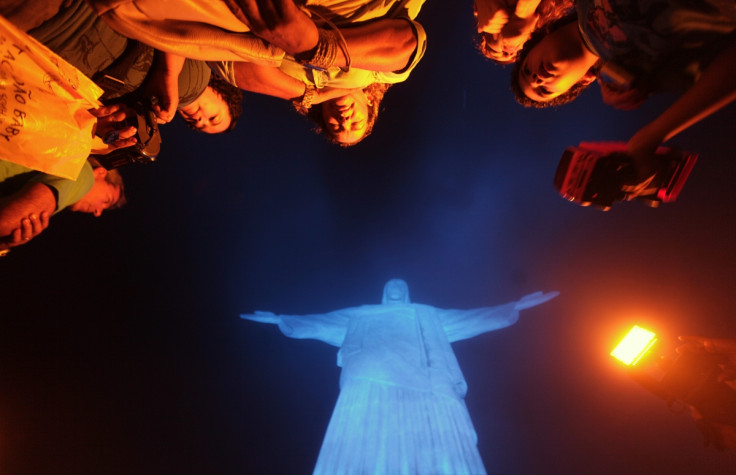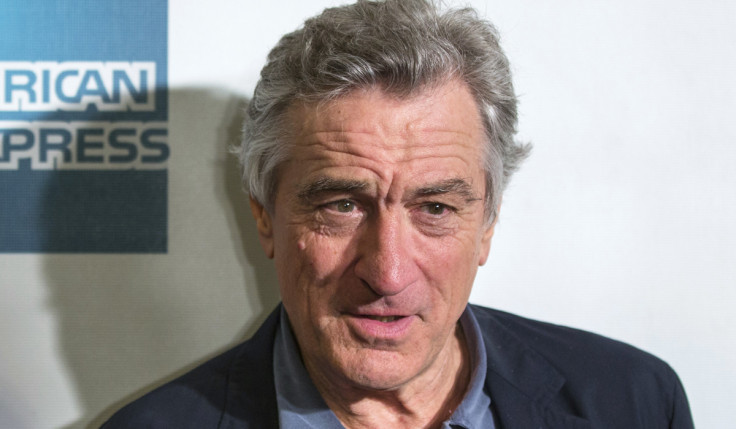World Autism Awareness Day: Outlook 'bleak' for autistic children living in poverty

World Autism Awareness Day on 2 April is aimed at raising awareness about the condition. Every year on this day, thousands of iconic landmarks, skyscrapers, schools, businesses and homes across the world shine bright blue lights in honour of the millions of people affected by autism.
Autism spectrum disorder is a serious neurodevelopmental disorder that impairs a child's ability to communicate and interact with others. It also includes restricted repetitive behaviours, interests and activities. These issues cause significant impairment in social, occupational and other areas of functioning.
Autism spectrum disorder (ASD) is now defined by the American Psychiatric Association's Diagnosis and Statistical Manual of Mental Disorders (DSM-5) as a single disorder that includes disorders that were previously considered separate — autism, Asperger's syndrome, childhood disintegrative disorder and pervasive developmental disorder not otherwise specified.
The term "spectrum" in autism spectrum disorder refers to the wide range of symptoms and severity. Although the term Asperger's syndrome is no longer in the DSM, some people still use the term, which is generally thought to be at the mild end of autism spectrum disorder.
It's estimated that about 1 in every 100 people in the UK has ASD. More boys are diagnosed with the condition than girls.
There's no "cure" for ASD, but speech and language therapy, occupational therapy, educational support, plus a number of other interventions are available to help children and parents. About 70% of children with ASD have a non-verbal IQ below 70. Of these, 50% have a non-verbal IQ below 50. Overall, up to 50% of people with "severe learning difficulties" have an ASD.
The number of children diagnosed with autism spectrum disorder is rising according to the Mayo Clinic. It's not clear whether this is due to better detection and reporting or a real increase in the number of cases, or both.
A world-leading autism expert says the outlook is bleak for children with autism. Professor Karola Dillenburger from Queen's School of Education in Belfast said children and their families faced a higher risk of poverty and inequality. Prof Dillenburger is the author of a new report on autism, which makes recommendations for the transformation of policy and practice.
She believes that early diagnosis and intervention was vital. "The evidence suggests that at the moment the scales are tipped firmly against individuals with autism towards poverty rather than equality and inclusion. The key to rebalancing the scales lies in early diagnosis and early intensive behavioural intervention for children with autism, and improved training for those who work in education and health services," she told the Irish News.
"There is extensive and unequivocal evidence that early intensive interventions, based on Applied Behaviour Analysis, can enhance the quality of life of individuals with autism and their families and result in significant cost savings.
"The time taken to refer children and from referral to diagnosis means that these children are not being reached early enough, when brain plasticity is greatest and interventions are likely to have the greatest impact. Without this the outlook is bleak."

Vaccines and autism
A controversial film about the discredited link between autism and vaccinations has been pulled from Robert De Niro's Tribeca film festival, after the actor consulted "the scientific community" and found "concerns with certain things in this film".
The father of an autistic child and co-founder of the festival, De Niro at first defended the decision to premiere Vaxxed: from Cover-Up to Catastrophe, despite protests from doctors and researchers.
The star released a statement to explain the new decision. "My intent in screening this film was to provide an opportunity for conversation around an issue that is deeply personal to me and my family," he said.
"But after reviewing it over the past few days with the Tribeca film festival team and others from the scientific community, we do not believe it contributes to or furthers the discussion I had hoped for. The Festival doesn't seek to avoid or shy away from controversy. However, we have concerns with certain things in this film that we feel prevent us from presenting it in the Festival program. We have decided to remove it from our schedule."
According to The Guardian, the controversial film was directed by Andrew Wakefield, a disgraced British former doctor who published a study in 1998 that claimed links between a vaccine for measles, mumps and rubella (MMR) and autism. The paper was quickly found to contain numerous flaws and was deemed by the British Medical Journal "an elaborate fraud".
The Lancet, which originally published the study, retracted it in 2010, the same year that Wakefield was stripped of his licence to practise medicine in the UK.
© Copyright IBTimes 2024. All rights reserved.







